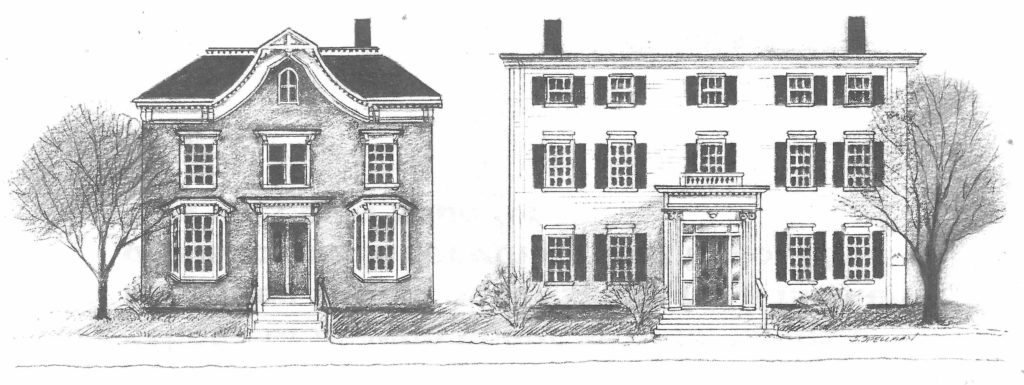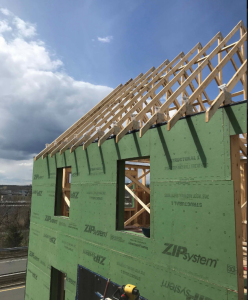Affordable Housing

YWCA Greater Newburyport
Affordable Housing

Why Housing?
Homeless advocate Mitch Snyder once said “HOUSING! HOUSING! HOUSING!” because he believed it to be the single most important need in people’s lives. If you have a roof over your head, every challenge can be overcome. If you’re like the hundreds of thousands of Americans who do not, even the simplest challenges – attending school, getting a job, staying safe – become impossible to transcend. America’s rising numbers of homeless citizens exist as a direct result of a lack of affordable housing. It’s one of this country’s most pressing problems and one that disproportionately affects women and children.
YWCA Greater Newburyport believes that affordable housing is directly tied to our mission of women’s empowerment.
Children under the age of 18 represent almost 40% of the total homeless population in the country. The majority of these children are supported by single women.
Incomes have not kept pace with the rise in rents, especially among low-wage workers. Women are over-represented in the lowest wage occupations, comprising more than 60 percent of low-wage workers. Women of color make up half of those workers. Half of all households in the US with children under the age of 18 have a “breadwinner mother,” who provides at least 40% of a family’s earnings.
Because of these facts, delivering safe, decent affordable housing means YWCA is able to provide one of the foundations of women’s empowerment.
Currently, our housing focuses on the lowest-income households and households who have experienced homelessness. Forty percent of YWCA housing is reserved for homeless households. Fifty-four percent of our housing serves households whose income is below 30% of the area median.
What is Affordable Housing?
Housing is defined as affordable when the tenant or owner pays no more than 30% of household income toward housing. Housing in this case includes rent or mortgage, utilities, insurance, and property taxes.
This is why affordable housing is usually tied to income levels. The US Department of Housing and Urban Development (HUD) uses the Area Median Income (AMI) as its baseline to determine which households are “low” income and which households are not. HUD refines the income analysis according to region. YWCA is in the metropolitan Boston region. The following chart is based on HUD’s definitions in 2020:
Household Size
Definition Income Range 1 2 3 4
Low Income 51% - 80% AMI $67,400 $77,000 $86,650 $96,250
Very Low Income 31% - 50% AMI $44,800 $51,200 $57,600 $63,950
Extremely Low Income at or below 30% AMI $26,850 $30,700 $34,550 $38,350
By definition, a single individual who earns just under $67,400 is considered low income. Compare that to a single woman who works 40 hours a week at $15.00 an hour. She would only early $31,200 and would be classified as Very Low Income. But a senior woman, on a fixed income, who earns less than $2,237 a month would be considered Extremely Low Income.
Based on the chart below, these households would be able to afford the following rents:
Household Size
Definition Income Range 1 2 3 4
Low Income 51% - 80% AMI $1,685 $1,925 $2,166 $2,406
Very Low Income 31% - 50% AMI $1,120 $1,280 $1,440 $1,598
Extremely Low Income at or below 30% AMI $671 $767 $863 $958
YWCA Greater Newburyport has chosen to focus the majority of its affordable housing on households with incomes at or below 50% of the area median as these households have the most difficult time finding affordable housing.
The Residences at Salisbury Square
This 42-unit affordable housing project was completed in 2019. Located in Salisbury, MA, it is on a bus line that goes from Salisbury Beach to Newburyport’s downtown. It is located near a rail trail and public library. Unit sizes vary from studios to three-bedroom units.
All units are restricted to those with incomes at or below 60% of the area median. There is a preference for households experiencing homelessness, for those with a least one member who is disabled and qualify for Community Based Housing, and for those with a sensory disability. Income and preferences are all defined in our pre-application available here.
YWCA Market Street Apartments
This ten-unit affordable housing project was renovated in 2013. Within a short walk to downtown Newburyport, it is on the bus line that runs from downtown Newburyport to Salisbury Beach. Studio, one- and two-bedroom units are available. In addition to income qualifications, prospective tenants must either be experiencing homelessness or qualify for Community Based Housing. Eligibility requirements are all defined in our pre-application available here.
YWCA Women's Residence
The Women’s Residence is a single-room occupancy program in a historic building. Women share bath and kitchen facilities. Common rooms include a living room with a TV and a quiet room with sofas and chairs. Heat and electricity are included in the weekly rent. Bedrooms are wired for cable, phone, and the internet, available at the tenant’s expense. Most women live in the residence between three and ten years. This is considered permanent housing and is not an emergency or transitional program.
Roof Over Head Collaborative
Four scattered-site apartments located in Newburyport and Amesbury are designed for low-income working families with dependent children attending Newburyport or Amesbury school districts. In addition to income eligibility, households must be experiencing homelessness to qualify. Families must agree to work with a case manager. While there is no specific time limit, these units are considered transitional housing, and tenants are expected to work with the case manager to develop the resources necessary to obtain permanent housing.
YWCA at Hillside
We are pleased to announce that our long-awaited project, YWCA at Hillside, is now accepting applications for affordable housing.
This pioneering affordable housing program will combine sustainable affordable housing, access to public transportation, and access to organic food. 
Single room occupancy means that single individuals will have private rooms and baths, but will share a kitchen and common rooms.
To learn more about this exciting project, or to obtain an application, please read more below!
For Applicants
This project is funded by the Department of Housing and Community Development and Mass Housing. Therefore, it has eligibility requirements:
- Household size: Singles only
- Household Income must be below $44,800 per year.
- Preferences for homeless, an individual who needs wheelchair accessibility, or an individual who has a sensory disability.
- Rents are based on income level.
- Tenants whose income is between $26,851 and $44,800 will pay $600 per month.
- Tenants whose income is at or below $26,850 will pay 30% of their income.
Applications are due at the YWCA at 5:00 PM on August 16, 2021, or postmarked by August 16, 2021. You may find applications and information packets by clicking here.
//
A Brief Summary of YWCA at Hillside
The YWCA at Hillside is a unique program designed to combine affordable housing with
sustainable living. As such, applicants seeking housing in this project must be aware of the design and intention of the facility as these designs will impact the lifestyle one adopts to live in the unit.
The YWCA at Hillside is a part of a larger community called the Hillside Center for Sustainable Living (HCSL). HCSL is a market-rate rental project owned and operated by Hall and Moskow, LLC. Many of the amenities available to HCSL tenants will also be available to YWCA tenants once the HCSL project is complete.
Net Positive A project is considered “ Net Positive ” when it produces more energy than it consumes. YWCA at Hillside will use electricity generated by solar panels located on the parking solar canopies directly across from the property. During the summer, the panels will produce more electricity than the building consumes, during the winter the building will consume more electricity than it produces. Over the course of a year, it is anticipated to generate more electricity than it uses.
Sustainability Goals
The building is designed to meet LEED for Homes standards and is pursuing a Platinum Level Certification. LEED (Leadership in Energy and Environmental Design) is a green building rating system that provides a framework for healthy, highly efficient, and cost-saving green buildings.
The building is also designed to meet the Passive Housing Institute US standards. Passive Housing is designed to minimize or eliminate the need for external heating or cooling of the home. This is done through insulation, positioning the building to take advantage of sunlight, and more. Again, the goal is to create a sustainable place to live. In the case of the YWCA at Hillside, care was taken to design and install the smallest HVAC system that met all code requirements given the load of the building.
Organic Farm
HCSL has a Permaculture Master Plan for the site that is being realized as each phase of the project is completed. Permaculture is the development of agricultural ecosystems intended to be sustainable and self-sufficient. This small-scale agriculture will be integrated with the site and provide some food for residents. In addition, HCSC will incorporate a greenhouse onto the site producing organic food for sale. YWCA tenants will be encouraged to walk along the paths but are reminded that the produce seen growing on campus belongs to the community as a whole and will be distributed through a managed system. YWCA will work with HCSL and local donors to ensure tenants are able to access the food produced by the farm at no or minimal cost. Tenants will be required to work together to share the vegetable, fruits, eggs, and honey made available to them through this process.
Transportation
YWCA at Hillside is located near the downtown of Newburyport and the Newburyport IndustrialPark. The bus runs along Pond street which is 1/10th of a mile from the units. Employment opportunities are within walking distance as well as situated on the bus line. Bicycle storage will be provided once the HCSL barn is completed and tenants will have access to renting electric vehicles charged on site (there is a separate fee and registration for this service).
Funding
YWCA Greater Newburyport is still seeking to raise funds for this project. To date, we have raised $1,543,520 of the $1,874, 085 needed to complete the project. We have received funding from the Department of Housing and Community Development, Mass Housing, Newburyport Community Preservation Fund, Charlesbank Homes, and a private donation.
Once open later this year, the YWCA will be seeking ongoing donations to ensure tenants have access to Community-Scale Agriculture (CSAs) either produced on-site or locally.
Construction
Construction has begun on the project and is expected to be completed in November 2021.
How can you help?
We rely on donations to help support our existing housing. Donations help us preserve the integrity of our historic residence and provide amenities for tenants. Donations enable YWCA to pursue the development of new affordable housing opportunities. Donations help us advocate for more affordable housing at the local, state, and—in coordination with YWCA USA—national levels.

volunteer opportunities
The YWCA is always looking for volunteers to help with painting, light carpentry, gardening, and beautification of our residential properties. Other needs include special event support and planning.
For more information, please email the YWCA Property Manager.


get in touch
facility hours
Mon-Fri: 6 am - 7:45 pm
Sat: 8 am - 1 pm
Sunday: CLOSED
